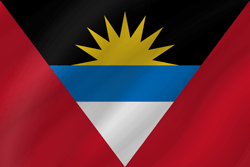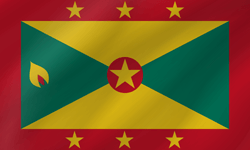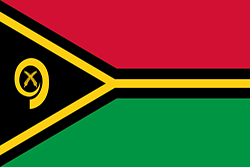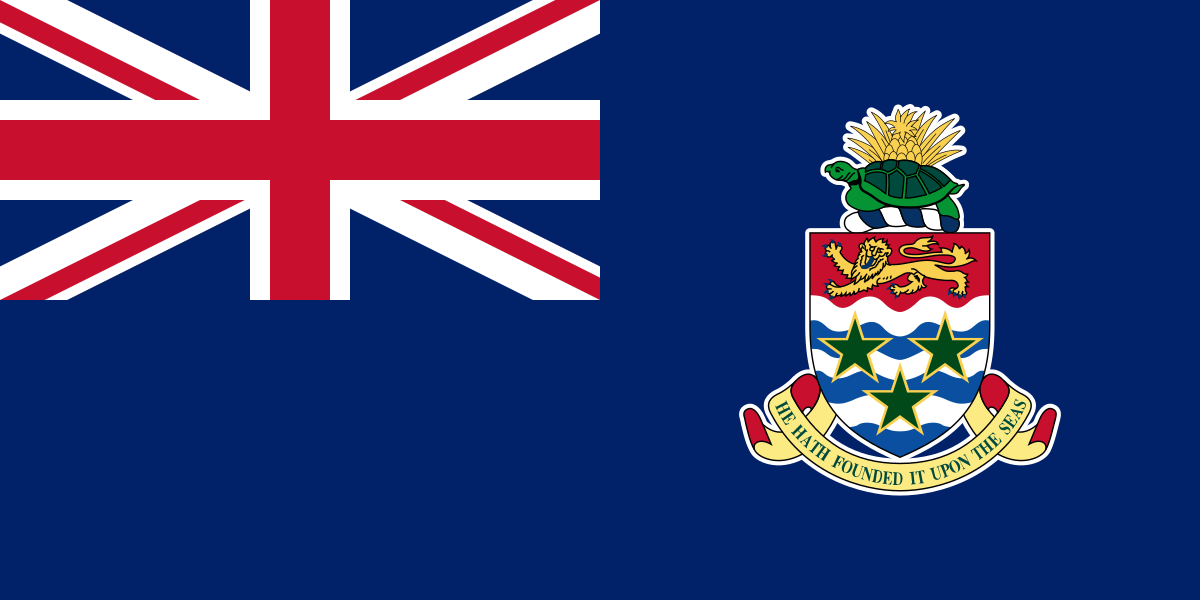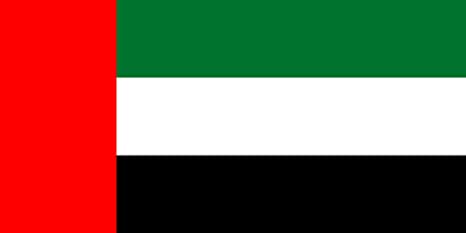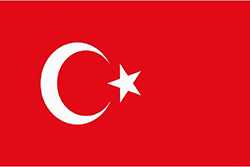Who is Pavel Durov?
Pavel Durov is known as Russia’s Zuckerberg. As founder of Telegram, the social media messaging application, he has become somewhat of a celebrity in the world of technology. Telegram is similar to WhatsApp, without as many regulations. Durov is famous in the industry for maintaining user data privacy. Telegram has recently increased massively in popularity during the pandemic, as WhatsApp introduced new policy changes.
Pavel Durov was born in Leningrad in 1984 to his two parents Valery and Albina Durov, both professors a St. Petersburg State University. Following in his older brother’s footsteps, Durov gravitated towards computer programming from an early age. In fact, by the time he graduated high school, he had hacked his high school’s computer network.
This passion continued throughout his academic career. At St. Petersburg State University, although pursuing a major in philological sciences, Durov won prestigious awards, scholarships and competitions for coding. Using these highly developed skills and his entrepreneurial spirit, Durov created two websites – durov.com and spbgu.ru – during his time at university. While spbgu.ru served as a communication platform between university students and faculty, durov.com was an online database for educational materials.
In October 2006, along with his brother Nikolai, and friends Lev Leviev and Vyacheslav Mirilashvili, Durov founded VKontakte. This was a social networking site inspired by Durov’s previous website, spbgu.ru, and similar to Zuckerberg’s Facebook, that had recently become popularized in the United States. By the end of 2007, VK.com had over 20 million users and was a leading social networking site in Russia. After disagreements with the Russian government regarding data privacy during the Russian-Ukraine war in 2014, Durov resigned as CEO.
Confrontations between the government and Durov did not end there. After an incident in 2011 where Durov’s home was invaded due to rumors of his involvement with anti-government protests, Durov found a loophole in data privacy. He was concerned that there was no way to communicate securely with his brother, as phone lines were tapped by security forces. As a result of this situation, Pavel and his brother worked on a secure encryption protocol called MTProto to be used for messaging applications. MTProto would also serve as the encryption protocol for Telegram in the future.
Telegram: The Takeoff
In 2013, Telegram was launched as an open-source instant messaging application with secure end-to-end encryption, largely funded by Durov himself. As a result, the app adheres to Durov’s prioritization of data privacy, independent from governmental regulations or other external pressures. In fact, until 2021, there were no ads or promotions on the app at all, as its revenue was solely donation-based. Even now, ads are not created through data-mining.
Thanks to its ethos, Telegram quickly grew to mainstream use around the world. A year after launch, Telegram had over 35 million users on the platform. Also in 2014 was Durov forced to leave Moscow after a special services team came to his home. This antagonistic relationship with the authorities is a continuation of Telegram’s primary marketing tactic, boasting that it has never and will never leak private user data. To that end, Telegram has played a critical role in the recent conflict in Ukraine, with both sides using Telegram extensively for its secure messaging platform.
But that hasn’t stopped Durov. Despite being banned in countries like China and Russia, Telegram accrued over 400 million users by April 2020, growing exponentially in the past few years. Since the pandemic, Telegram only continues to expand, with over 600 million users and plans to go public in 2024. With these users came increasing wealth for Durov.
Dubai as a Haven for Foreign Nationals
Durov’s net worth is roughly US$17.2 billion. In Forbes’ list of billionaires 2021, Durov was names the richest UAE resident, accounting for about forty percent of all UAE billionaires’ wealth.
Like many other wealthy entrepreneurs, Durov structured his life and his company in order to protect his wealth. A big part of this is done through minimizing taxation on his income.
Particularly relevant to Durov was protecting his financial freedom through a geostrategic move. With the recent political climate in Eastern Europe, making a physical move such as through a residency program minimized financial risk associated with unstable politics of his home country.
In fact, many Russian citizens currently complain of being disconnected from SWIFT banking and being locked out of cashing money or cryptocurrency or sending money abroad. As a result, many are seeking citizenship or residency by investment programs to diversify their finances and pursue economic freedom.
Of the various residence or by investment programs available worldwide, Durov chose Dubai. This is not an unpopular choice, as Forbes reports that many Russian oligarchs are now fleeing to the UAE to avoid sanctions amidst the Russia-Ukraine conflict.
Even more niche are the Russian technology entrepreneurs flocking to the UAE in pursuit of bigger opportunities. According to the Dubai Chamber of Commerce, scale-ups brought up about sixty percent of the total capital (US$9.1 billion) raised by Emirates tech firms. While impressive, more than half of these scale-ups were founded in the last five years. There is clearly ample room for growth in the UAE tech industry.
While the high cost of living and lavish lifestyle might be excessive to some, new regulations, flexible visa requirements, and zero income tax make top of the list of reasons why tech moguls are choosing Dubai as their new home, or at least their place of business. This lifestyle is exactly the type of wealthy environment that technology and crypto firms will take advantage of.
The UAE is fast becoming a global technology hub, with Kaspersky, the Russian Center for Digital Innovation, and Russia’s National Computer Corporation all newly having bases here. Binance, Crypto.com, and Bybit also represent the Emirates in the crypto industry, making it a natural move for Russian crypto investors. At the risk of an oxymoron, the UAE is evolving as a technological ecosystem, indeed.
Citizenship by Investment as a Shield for Wealth
Durov became a citizen of the UAE in 2021. This is quite the feat, as attaining UAE citizenship is a much harder task than obtaining residency. In fact, he first moved his company Telegram to the UAE in 2017, by starting an LLC. As a resident or citizen of the UAE, there is zero percent taxation. Dubai residency only takes around 45 days, unlike other Caribbean programs that can take six months or longer. The process can also be done remotely, from virtually any country around the world. There is no threshold on income either.
There are several routes to residency by investment in Dubai, either through public investment, real estate, or in Durov’s case, starting a business in the UAE. The process of licensing and registering a company in Dubai only takes around 15 days. Upon licensing your company in Dubai, you can apply for an e-Visa. You can also gain immediate access to Dubai through a tourist visa, rather than waiting for e-Visa processing. In doing so, you may enter the UAE with a tourist visa and apply for a status change or e-Visa upon arriving. This process takes about a week, including a medical test before residency is approved. From there, you are free to apply for an Emirates ID and open a bank account, which takes another 15 or so days, and opens you up to a range of options living and making income in Dubai.
As a free zone company, Telegram is tax-free in Dubai. Durov said in 2017 interview that no personal income tax as a Dubai resident has afforded him “better ways to use [his] money to benefit society”, maintaining Telegram’s mission statement to protect user privacy.
Dubai is also crypto-friendly as compared to many other countries. What’s more, is that as a resident of Dubai, you do not need to spend all of your time there. As long as you base your company and meet any other investment requirements in Dubai, you can travel and live around the world, meeting only the minimum physical presence requirements to maintain your tax-free status in Dubai. In fact, Dubai has been largely quoted as the next Silicon Valley, known for its luxurious and expat-friendly environment as well as its tech and crypto friendly economy.
Sky’s the Limit on Foreign Passports
Durov also has citizenship by investment in St. Kitts & Nevis and acquired French citizenship in 2021. This makes Durov a citizen of four countries at once. Not only is this impressive, but this decision has only added to his protection and freedom, both in finances and travel.
Durov has admitted to having never travelled to the islands of St. Kitts & Nevis, but pursued citizenship in 2014 as a way to open European countries to travel. The island nation does in fact include visa-free travel to over 130 countries, including the Schengen area. This is in addition to its status as a tax haven for citizens and many other tropical benefits.
Durov is just one case of a celebrity billionaire seeking citizenship by investment to protect their wealth and optimize benefits of the program. As common as this experience is, it is equally as important to highlight how unique circumstances of the individual investor can dictate which (and how many) programs to pursue. This includes residency or citizenship programs, with over thirty countries offering these programs worldwide. Advisors knowledgeable in these programs are vital in the decision-making process through a comparison of programs that will make a right fit for you.




